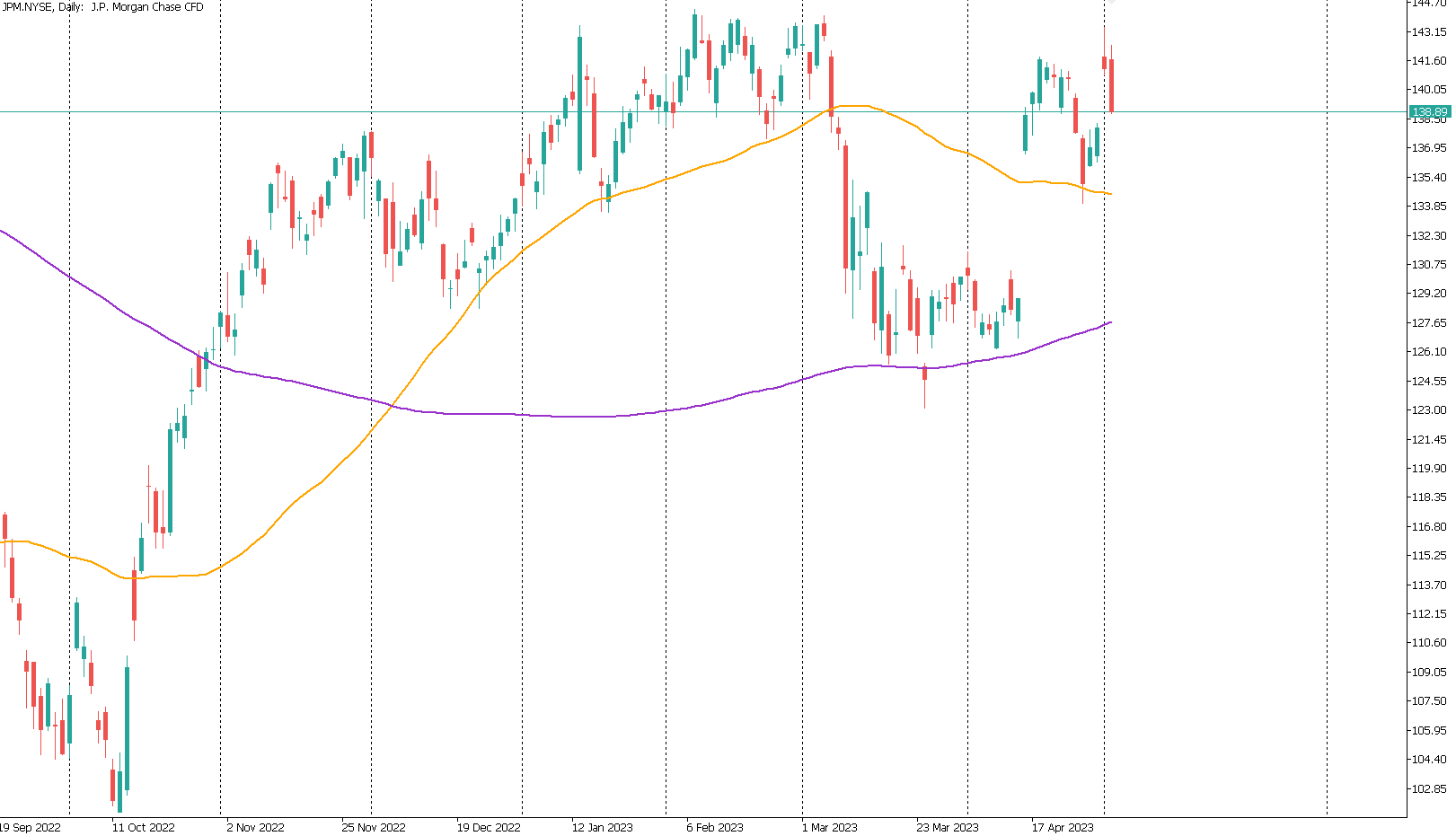In the wake of the collapse of Silicon Valley Bank, the share price of the California commercial bank had already crashed by almost 90% since its last high of around $146 at the beginning of February, initially to $14. But after the bank reported extremely poor quarterly results for the past quarter, customers withdrew more than $100 billion in deposits last week. As a result, even previous grants of $30 billion from other major banks could not help, causing the share price to plummet. Currently, it was just above $3.50 after the market close on Friday.
Over the weekend, JPMorgan Chase, as the largest bank in the U.S., announced plans to acquire First Republic Bank and reopen branches as JPMorgan Chase. Furthermore, this means that JPMorgan will assume all of First Republic’s $103.9 billion in deposits and purchase the majority of its $229.1 billion in assets. JP Morgan will share the bank’s losses with the FDIC, which is expected to cost its insurance fund $13 billion in the deal.
The continuation of the banking crisis through this event also affected the share prices of other U.S. banks. For example, the share price of PacWest Bancorp, which is also in trouble due to the crisis, also fell by more than 10% before the weekend, also due to poor quarterly figures. Other U.S. banks such as Bank of America also fell slightly on Friday. European banks, on the other hand, such as Deutsche Bank or UBS, appeared unimpressed by the events in the U.S., with prices still holding in the green until Friday.
How the acquisition of First Republic Bank will play out in the new trading week remains to be seen. However, it can be assumed that it is probably already priced into the share prices of the relevant US banks. It remains to be seen whether the banking crisis has now come to an end or whether further banks will get into difficulties from which they will no longer be able to extricate themselves. After all, U.S. banks had raised $144 billion in emergency loans by mid-April.

